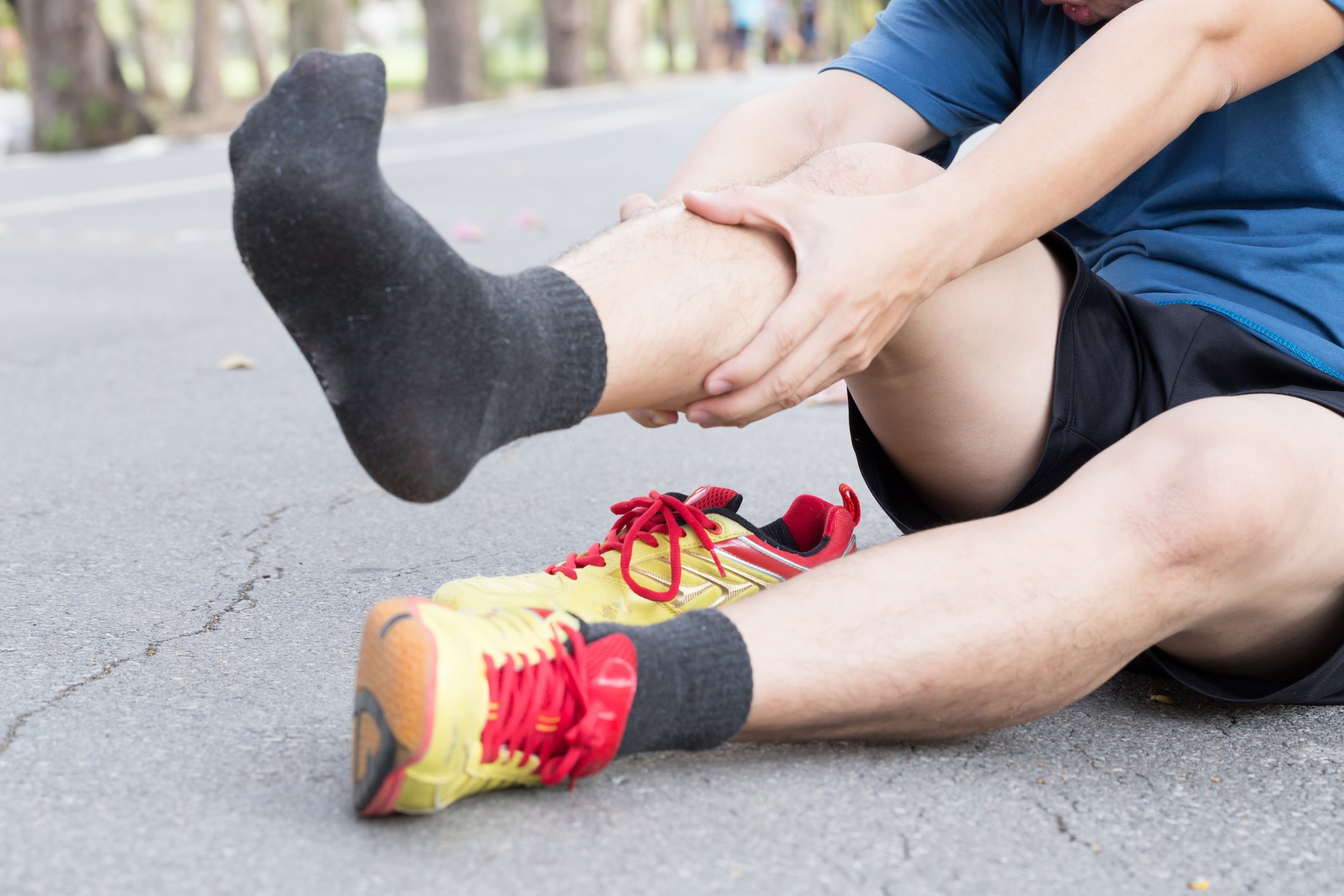 Shin splints are a common exercise problem and sports injury, but what exactly does it mean? Shin Splints is the blanket term for lower leg pain that occurs below the knee on the front outside of the inside of the leg. Typically, one leg is involved, and it is almost always the dominant one. If you are right-handed, you are usually right footed as well and that’s the leg that’s going to hurt.
Shin splints are a common exercise problem and sports injury, but what exactly does it mean? Shin Splints is the blanket term for lower leg pain that occurs below the knee on the front outside of the inside of the leg. Typically, one leg is involved, and it is almost always the dominant one. If you are right-handed, you are usually right footed as well and that’s the leg that’s going to hurt.
The medical term for shin splints is medial tibial stress. The stress occurs with the inflammation of muscles, connective tissue, and bone tissue along the inner shin bone (tibia). The stress is directly related to physical activity, typically running or dancing. Moreover, any type of vigorous activity can bring about this problem, especially if starting a new fitness routine.
For example, inexperienced runners who do not build their mileage gradually enough or seasoned runners who suddenly add too much mileage or switch from running on flat surfaces to hills.
When shin splints strike, you should stop running completely or decrease your training depending on the extent and duration of the pain. Then as a first step, ice your shin to reduce inflammation.
Stretching exercises done before you run or partake in sports will help you avoid getting shin splints. 
Common causes of shin splints can be overpronation, inadequate stretching, worn shoes, excessive stress placed on one leg or one hip from running on uneven roads or always running in the same direction on a track.
If you are experiencing chronic pain, you may have a stress fracture or muscle condition that requires treatment by a foot specialist. A basic history and physical exam can point the doctor in the direction if tests are needed. Typically, a basic x-ray of the shin is the starting point. Other tests might be necessary during the investigation such as an MRI, ultrasound, bone scan or blood tests.
If you or someone that you care for suffers from pain in the feet, ankles, knees, hips, and/or lower back, the pain may be due to misalignment caused by faulty biomechanics which can be treated and corrected with the help of custom orthotic insoles. To schedule your comprehensive biomechanical evaluation, visit drleecohen.com or call our Sports Medicine Podiatry Center and book an appointment at our Marlton, N.J. Sports Medicine Facility or Ridley Park, P.A. Office location with one of our podiatric sports medicine specialists today by calling (610) 522-9200.

